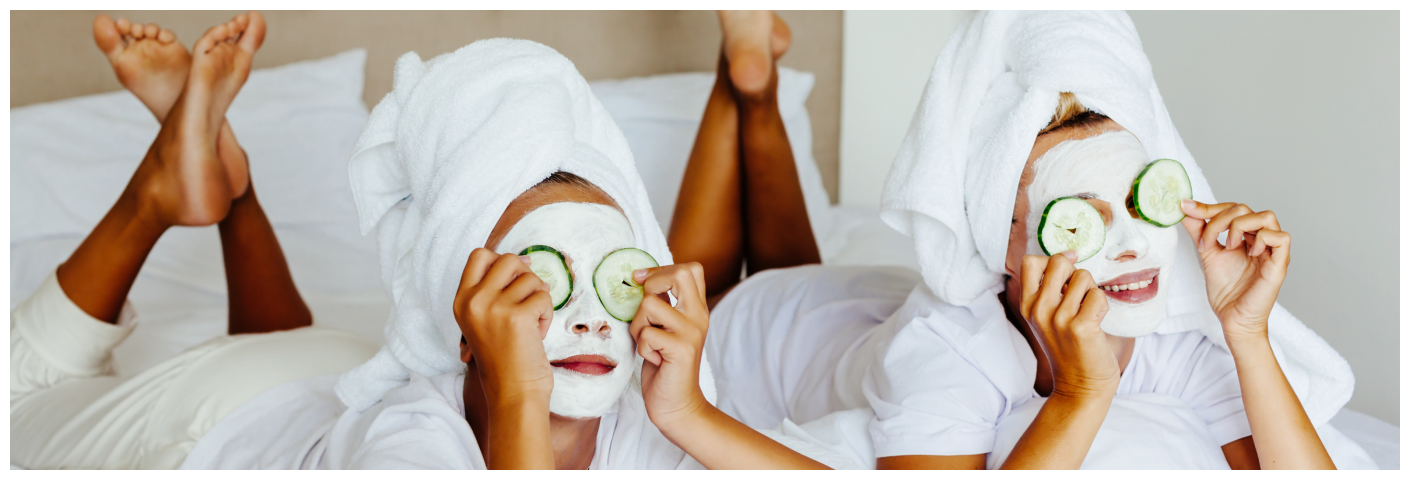SKINCARE DURING MENSTRUAL CYCLE
During period days, our skin can change a lot. Sometimes it gets oily and causes acne. Periodically it dries out. Our skin acts independently of us.
Let us look at the unpredictable time of this skin together.
First, let us look at the premenstrual period:
You must have noticed that your skin became slightly oilier, and pimples appeared on your face before your period.
The follicular phase, a period when your skin glows brightly, begins a few days after your period ends. The estrogen hormone begins to increase to produce new eggs and thicken the lining of the uterus. This causes the pores to shrink and the skin to start producing collagen.
During ovulation, our estrogen levels are high, and our bodies begin to produce more hormones. All these changes cause our skin to become oilier, and accordingly, pimples, acne, and blackheads appear. You can incorporate dry brushing into your daily routine to help your lymph nodes balance out the estrogen surge when it comes to your hygiene.
During the so-called PMS phase, premenstrual symptoms begin. Our skin becomes prone to blemishes, oily or dry skin, uneven skin tones, and increased acne.
Make sure to keep your skin clean during this time. During this time, when your skin is very sensitive, you should always have a moisturizer on hand.
During the first few days of your period, your skin will still be a little more sensitive, and blemishes may continue to appear. Day by day, your skin will recover and move into the follicular phase, where you will be glowing. You must drink plenty of water and watch your diet.
In other words, the period causes changes in our entire body. Still, if you are proactive and take precautions against these changes, you can spend this time without any significant changes.
Let us look at the unpredictable time of this skin together.
First, let us look at the premenstrual period:
You must have noticed that your skin became slightly oilier, and pimples appeared on your face before your period.
The follicular phase, a period when your skin glows brightly, begins a few days after your period ends. The estrogen hormone begins to increase to produce new eggs and thicken the lining of the uterus. This causes the pores to shrink and the skin to start producing collagen.
During ovulation, our estrogen levels are high, and our bodies begin to produce more hormones. All these changes cause our skin to become oilier, and accordingly, pimples, acne, and blackheads appear. You can incorporate dry brushing into your daily routine to help your lymph nodes balance out the estrogen surge when it comes to your hygiene.
During the so-called PMS phase, premenstrual symptoms begin. Our skin becomes prone to blemishes, oily or dry skin, uneven skin tones, and increased acne.
Make sure to keep your skin clean during this time. During this time, when your skin is very sensitive, you should always have a moisturizer on hand.
During the first few days of your period, your skin will still be a little more sensitive, and blemishes may continue to appear. Day by day, your skin will recover and move into the follicular phase, where you will be glowing. You must drink plenty of water and watch your diet.
In other words, the period causes changes in our entire body. Still, if you are proactive and take precautions against these changes, you can spend this time without any significant changes.
